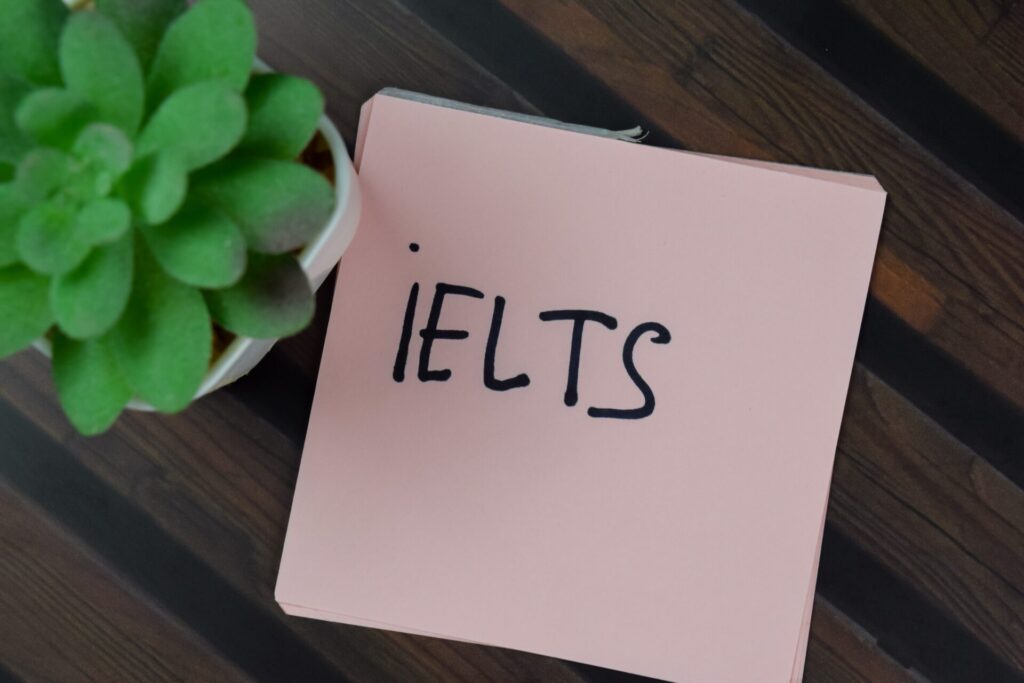
IELTS Writing classes in Hua Hin give learners a structured, reliable way to build academic writing skills for university study. These classes focus on clarity, organisation and academic tone, which are crucial for degree-level writing. Students gain confidence through guided practice, model answers and personalised feedback. This foundation is essential for anyone preparing to study abroad or learn English in Thailand. Learners can also explore real examples of IELTS academic writing tasks through the British Council’s official practice resources, which show clear models of what high-band writing looks like (British Council Writing Practice Tests). The combination of professional coaching and real academic samples gives students a clear sense of what examiners expect and how to progress steadily.
IELTS Writing classes in Hua Hin and strong academic organisation
These classes train students to analyse questions, plan paragraphs and organise ideas in a logical sequence. At ILC Hua Hin, learners begin by breaking down the question type, identifying the subject, instruction and focus. Many students struggle because they write quickly without understanding what the question demands. By learning to pause, analyse and plan, they avoid this common mistake and develop a much more mature, academic writing style.
Organisation becomes even more important when students continue to learn English in Thailand while preparing for university admissions. IELTS Writing classes in Hua Hin introduce clear frameworks for introductions, topic sentences, supporting details and conclusions. Students practise outlining their essays before writing, which reduces stress and improves accuracy. Planning is reinforced through timed tasks, so learners can reproduce these skills under exam conditions.
Students also learn how to avoid drifting off-topic, a major cause of low Task Achievement scores. Teachers show learners how to maintain focus, stay consistent with their argument and avoid unnecessary repetition. Lessons also include coherence practice, such as linking devices, paragraph transitions and logical sequencing. These techniques help students write essays that are easier for examiners to follow and easier for university professors to assess. More details about how lessons are structured can be found on the IELTS Preparation Coaching page, which outlines the step-by-step approach used at ILC Hua Hin.
IELTS Writing classes in Hua Hin and effective Task 2 development
Task 2 requires clear argument building, supported examples, academic vocabulary and balanced opinions. Students practise cause-and-effect explanations, solutions, evaluations and problem analysis. These skills translate directly into university writing, where learners are expected to explain complex ideas and defend a point of view with clarity.
Many students struggle with Task 2 because they write personal opinions without evidence. IELTS Writing classes in Hua Hin correct this by teaching structured argumentative writing. Students learn how to introduce a viewpoint, give clear reasons, support those reasons with logical examples and conclude effectively. They also develop a more formal academic tone, avoiding contractions, informal phrasing and unnecessary personal language.
Guidance from UK academic organisations, such as UCAS, emphasises how strong writing skills influence university success. Their public guidance explains the value of precise writing, strong vocabulary and well-supported arguments, all of which link directly to IELTS Writing Task 2 preparation (UCAS Writing Skills Advice). Students quickly see how these transferable skills help them learn English in Thailand with greater academic confidence.
Vocabulary development is another focus. Students expand their range of academic verbs, avoid repetitive phrasing and learn how to paraphrase naturally without distorting meaning. Paraphrasing is one of the biggest challenges for learners, and teachers give repeated guided practice until students can rephrase questions and evidence fluently. By practising regularly, students build the tools needed for higher bands in Lexical Resource.
Grammar accuracy is also improved through targeted correction. Learners identify patterns in their errors—sentence fragments, long sentences, tense misuse, article misuse and basic agreement issues. Through continuous correction and rewriting, students gradually reduce mistakes and move towards a cleaner writing style appropriate for academic contexts.
IELTS Writing classes in Hua Hin and the P.I.R. method
Every writing lesson at ILC Hua Hin uses the P.I.R. method: Preparation → Instruction → Reinforcement. This system ensures that progress is logical and consistent.
In the Preparation phase, students look at models, brainstorm ideas and review key sentence structures. They also examine band descriptors so they understand exactly what examiners want.
During the Instruction phase, the teacher demonstrates writing techniques, explains common mistakes and shows how to build paragraphs effectively. Learners receive step-by-step guidance, such as how to paraphrase the question, how to write clearer topic sentences and how to organise supporting details.
Finally, Reinforcement ensures the skill becomes permanent. Students rewrite their answers, correct mistakes together with the teacher and practise the same structure in different contexts. This repeated reinforcement is essential for long-term improvement. The P.I.R. method also makes the learning process easier for students who want to learn English in Thailand and develop academic writing skills that support both exam success and future study.
IELTS Writing classes in Hua Hin and real academic readiness
Students learn to write strong introductions, build coherent paragraph structures and end with concise conclusions. These techniques are essential for university assignments such as essays, coursework submissions and timed examinations. By the time learners complete several cycles of writing practice, they can write under pressure without losing organisation or accuracy.
Task 1 is also an important part of academic readiness. Students learn how to summarise data clearly, compare trends and avoid unnecessary detail. This skill mirrors university requirements, where students often need to summarise research, describe graphs and present findings in a factual, precise way.
In addition, learners develop the ability to adjust tone depending on the task. Formality, objectivity and clarity are essential for good academic writing. Teachers help students avoid emotional language, over-generalisation and storytelling, which are common issues for many IELTS candidates.
These skills support learners preparing to study abroad or learn English in Thailand for professional development. Students who complete IELTS Writing classes in Hua Hin report higher confidence when producing written work and clearer understanding of academic expectations. A personalised study plan can be arranged through the Consultation Page, which provides more details on individual coaching options.
Conclusion
IELTS Writing classes in Hua Hin help learners develop the academic writing skills universities expect worldwide. Students practise real IELTS formats, develop strong argument-building skills and learn how to write with clarity, accuracy and purpose. They also learn how to analyse questions, manage time effectively and express ideas in a formal academic tone. Practical advice for preparing for university challenges can be found through the Times Higher Education student guidance, which offers useful insight into academic expectations and study skills (Times Higher Education Student Advice). For Thai readers, full course information and support are available on the Thai Information Page.






